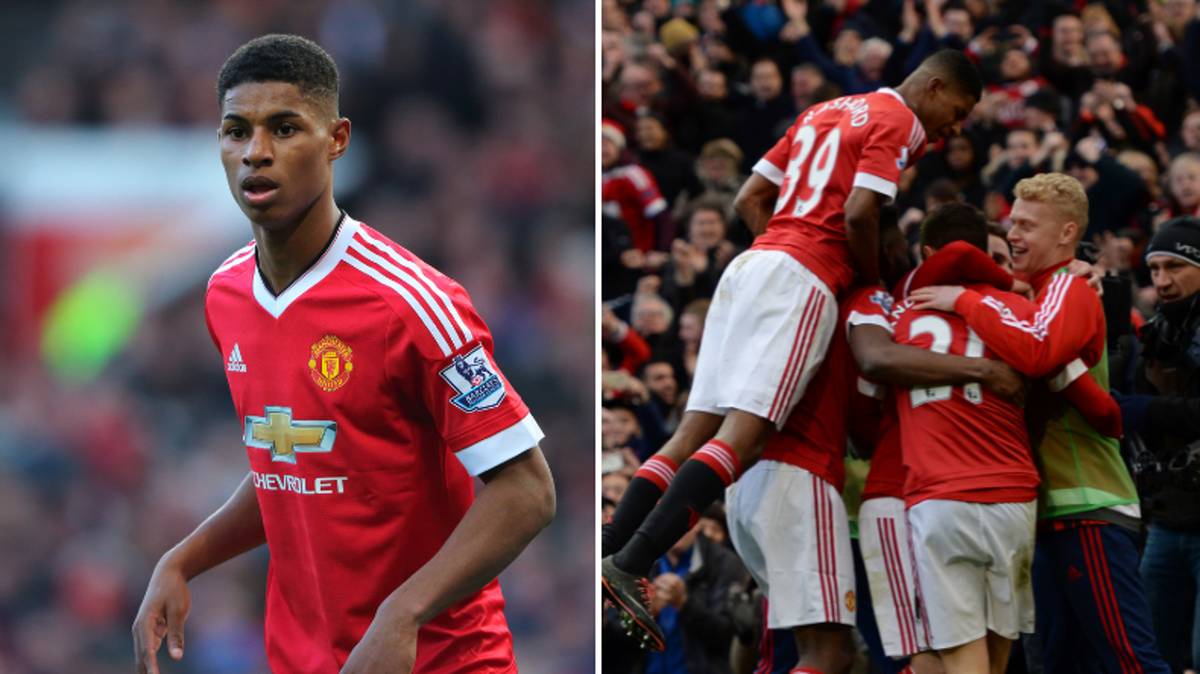
In my recent articles, I have looked at which players I think will be a good bet to win performance buzz dividends this season as well as how money can potentially be made on the Index using short and/or long-term strategies.
In this article however, I want to take a step back and share some more general insights that I have learned about the Index in the 5 months that I have been trading so far in the hope that other traders can ultimately be successful too.
Different traders will have differing opinions on what they consider to be a ‘success’ but to my mind it means making a profit on your investment, however much that may be.
So far, I myself am 25% in profit on the cash that I have invested into the Index and 10% up overall based on the average cost of the shares I hold against the current value of my portfolio. In 5 months, that is a significantly a better return than any high street bank can offer you!
So here are my top tips…
I would strongly advise any trader to have a clear idea of which player(s) you want to buy; how many shares of a player you want and how long you want to hold those shares for, before buying. Once you have purchased shares or ‘futures’ in a player, the Index allows you to instant sell them at about 3% less than their current value. This can be a tempting option if you are showing a tiny profit on a player that you have changed your mind about for whatever reason. However, keep in mind that the Index take a 2% commission from every share you sell so whilst you may think you are selling your shares for a tiny profit, it may actually be for a small deficit. Also, remember that one of the main rules of gambling ‘don’t chase your losses’ still very much applies to the Index. Whilst it may seem a good idea to buy more shares in a player you have where the share price has dropped, to ‘average’ out your shares at a lower price, you may end up holding a large number of shares in a player you didn’t intend on investing so heavily in.
Whilst many new comers to the Index are quite happy to put their money in and see what happens, my advice, especially for any newbies, would be to take a little time to learn about the rules of trading to help avoid any nasty surprises later. It is important to be clued up on how promotion/relegation works and particularly that any shares in a relegated player are automatically lost. The Football Index website has loads of helpful articles, webinars and information which I would recommend looking at so you can be as informed as possible before making a trade.
I often hear stories of traders buying shares in a player only to see the price ‘crash’ and the value of the shares fall significantly lower than what they bought the shares at. This seems to happen most often during a transfer window where a nailed-on deal ends up breaking down. Again, the temptation here is to sell the shares, even at a loss, and invest in another player but the Index has shown on numerous occasions that if you are patient, the share price will eventually recover. Furthermore, even if it doesn’t quite reach the previous levels, there is always an opportunity to make some of the difference back should that player win either media or performance dividends. Many traders forget or don’t appreciate you can hold the shares for up to 3 years so there is plenty of time to recover any potential losses.
Many traders on the Index seem to have a fear of missing out on the next big opportunity that arises and the market can be heavily influenced by traders reacting to stories from tabloid newspapers as well as the various Twitter accounts linked to the Index that share them. Before buying a player based on a recommendation or a tip from a newspaper or a Twitter user I would stop and think about the reliability of the source. For example, it may well be that a Twitter user has lots of shares in a player they want to get rid of so is trying to create interest in a player to inflate the share price. When enough traders have invested they can dump the shares which they don’t want at a better price and you may then be left with shares that are almost instantly worth less than what you paid for them.
To borrow a well-known message from campaign set up to promote responsible gambling standards, ‘when the fun stops, stop’. The Index market is constantly changing and reacting to news stories from a multitude of sources and it can be very addictive buying and selling shares and then watching your portfolio react to all the trader activity. I have often found myself checking the Index many times a day to see how my portfolio is looking. There is nothing wrong with that unless it gets to the point where it is having a negative effect on you. Ultimately trading on the Index should be good fun so if you are finding yourself stressed out over how many shares you have or the money you have invested it may be time to cut down the size of your portfolio so it is more manageable or if things are getting out of control, stopping altogether.



